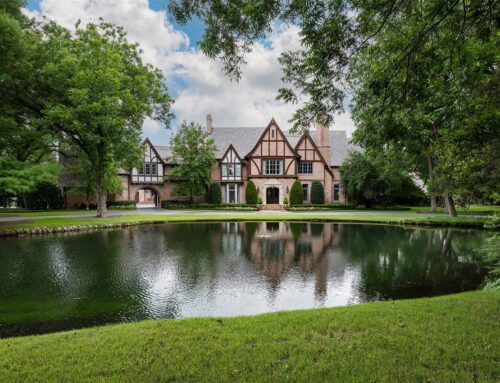Preston Hollow just became safer.
Nearly 50 recruits became official Volunteers in Patrol in September—the largest VIP induction in the city’s history. So large, in fact, that the training class had to be moved from the North Central Police Substation to city hall.
The basic premise of VIP is for residents to regularly patrol their neighborhoods in groups of two, carrying cell phones and driving a vehicle with an attachable flashing light and door signs identifying those inside as Volunteers in Patrol. They are trained never leave their car. If volunteers see suspicious activity, they are taught to call police.
From the looks of the training class, attended mostly by
Veteran volunteer and neighborhood resident Ed Fox, who spreads the VIP gospel almost nightly at neighborhood meetings, credited the surge in recruits to the program’s success in lowering crime rates.
“It does work,” Fox says. “The statistics don’t lie.”
Terri Hornberger attended the training session as the lone resident from Melshire Estates. She heard about VIP at a neighborhood crime watch meeting and decided it needed to be implemented.
“We’re right off
, so people cut through our neighborhood to go here and yon, and with crime moving north, we’re perfect targets,” Hornberger says.
She rattled off a list of problems in her area — burglary, vandalism, even gunshots being fired.
“It’s scary. The older I get, the more vulnerable I feel personally, so I start thinking about crime a lot differently,” Hornberger says.
Anita Rager decided to become a VIP because she has seen the effects of the program in her neighborhood,
“When people see the car going around with the lights flashing on top of it, it alerts people that this neighborhood is not a place for criminals,” Rager says.
The real estate changes in
But VIP forces residents to get to know the strangers next door. As Thomas is paired with other volunteers for patrol shifts, he knows he will start watching out for them.
Neighborhood unification is a natural VIP byproduct, Fox says. The barriers break down, the stereotypes collapse, and in their place emerges a human blockade that keeps the criminals out.
Fox believes the program will only become bigger.
“We’re seeing a rash of things like criminal mischief and vandalism, and I think people are beginning to get just a little bit tired of that,” Fox says.






